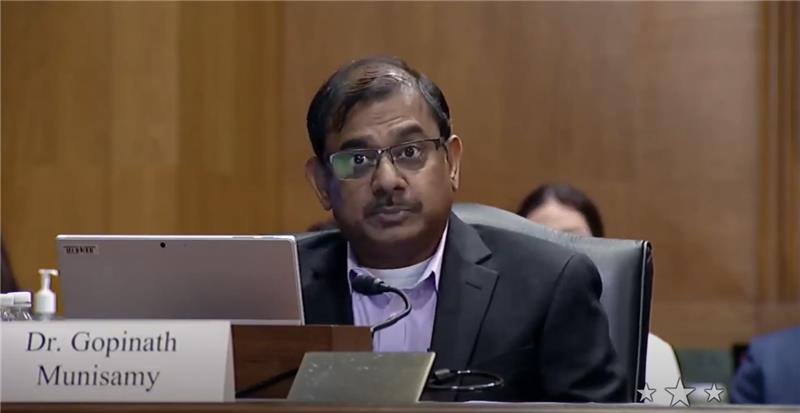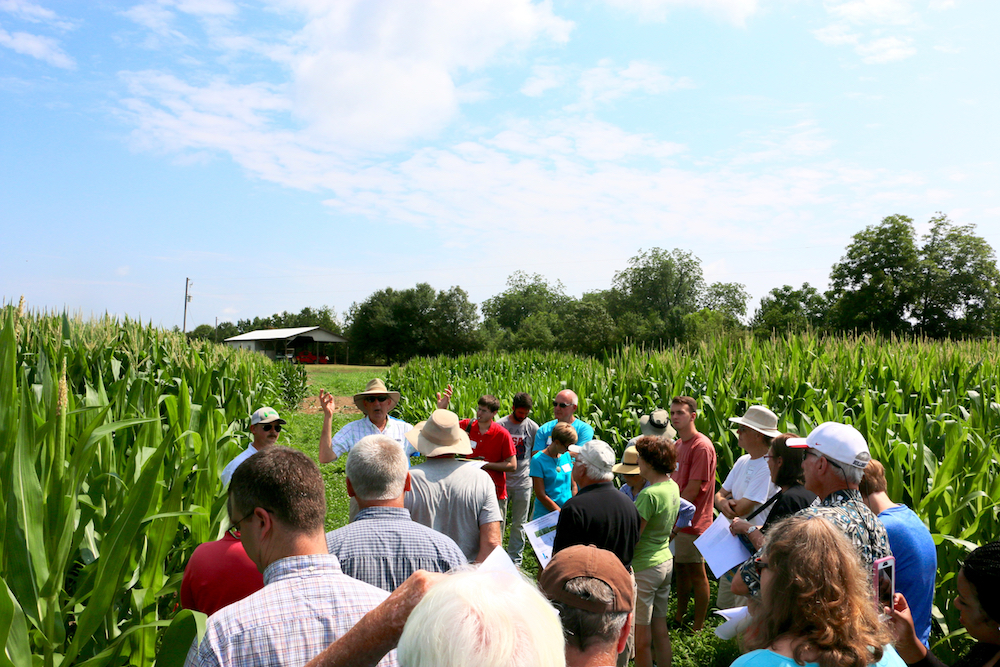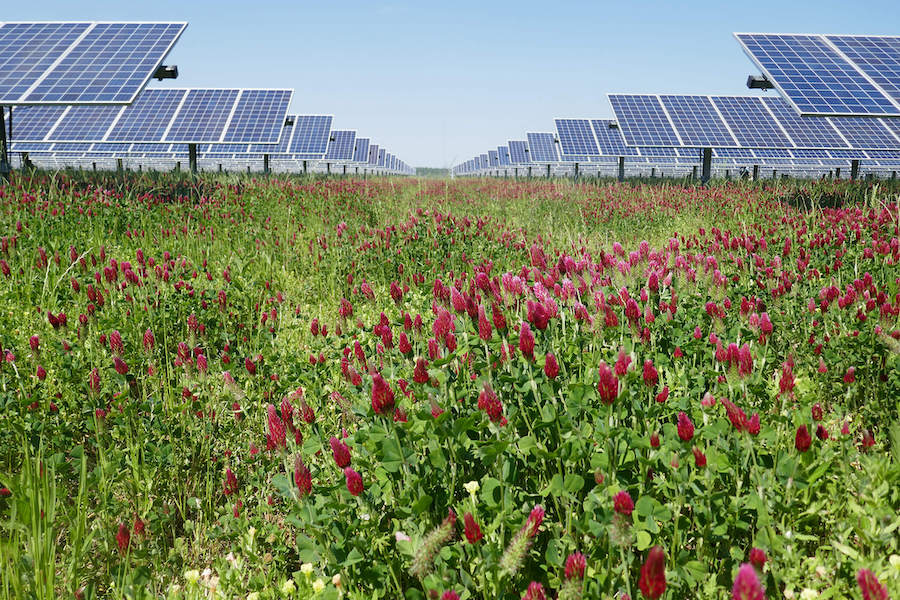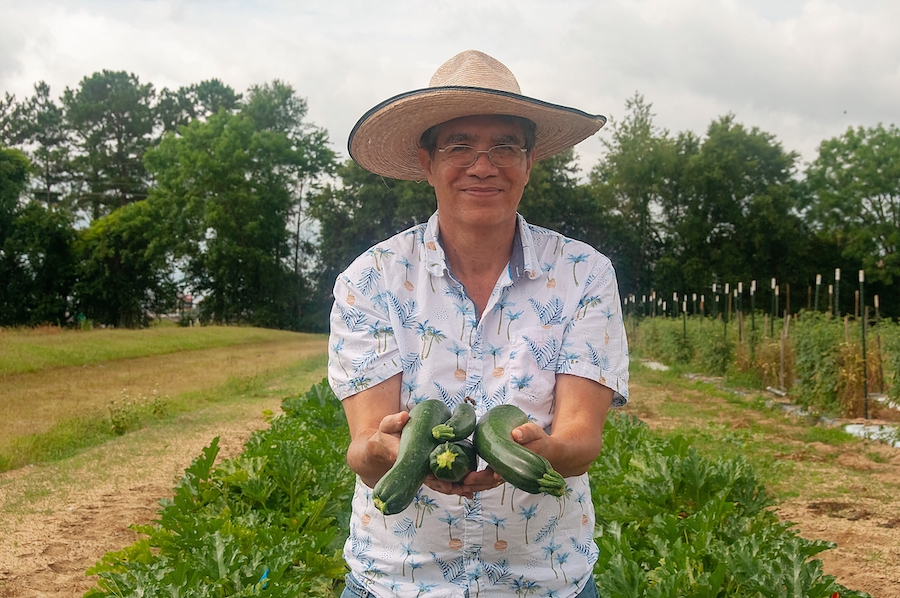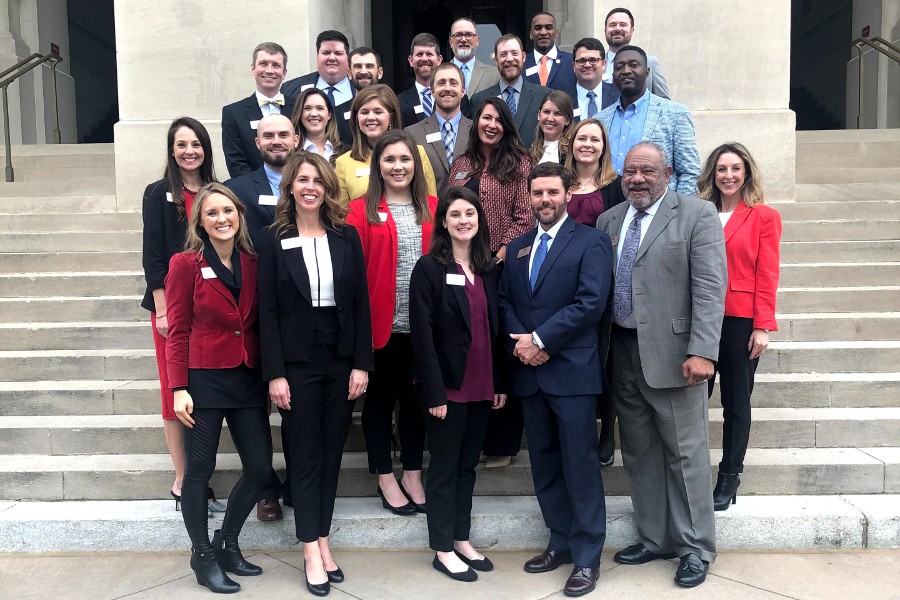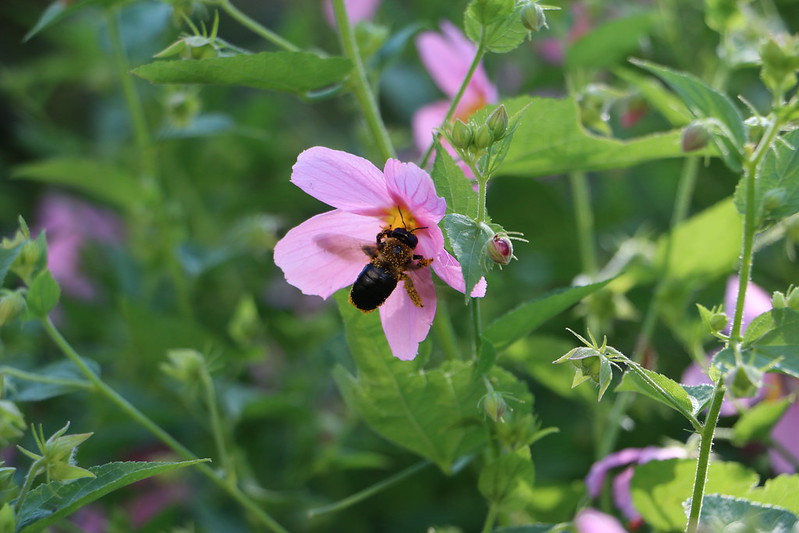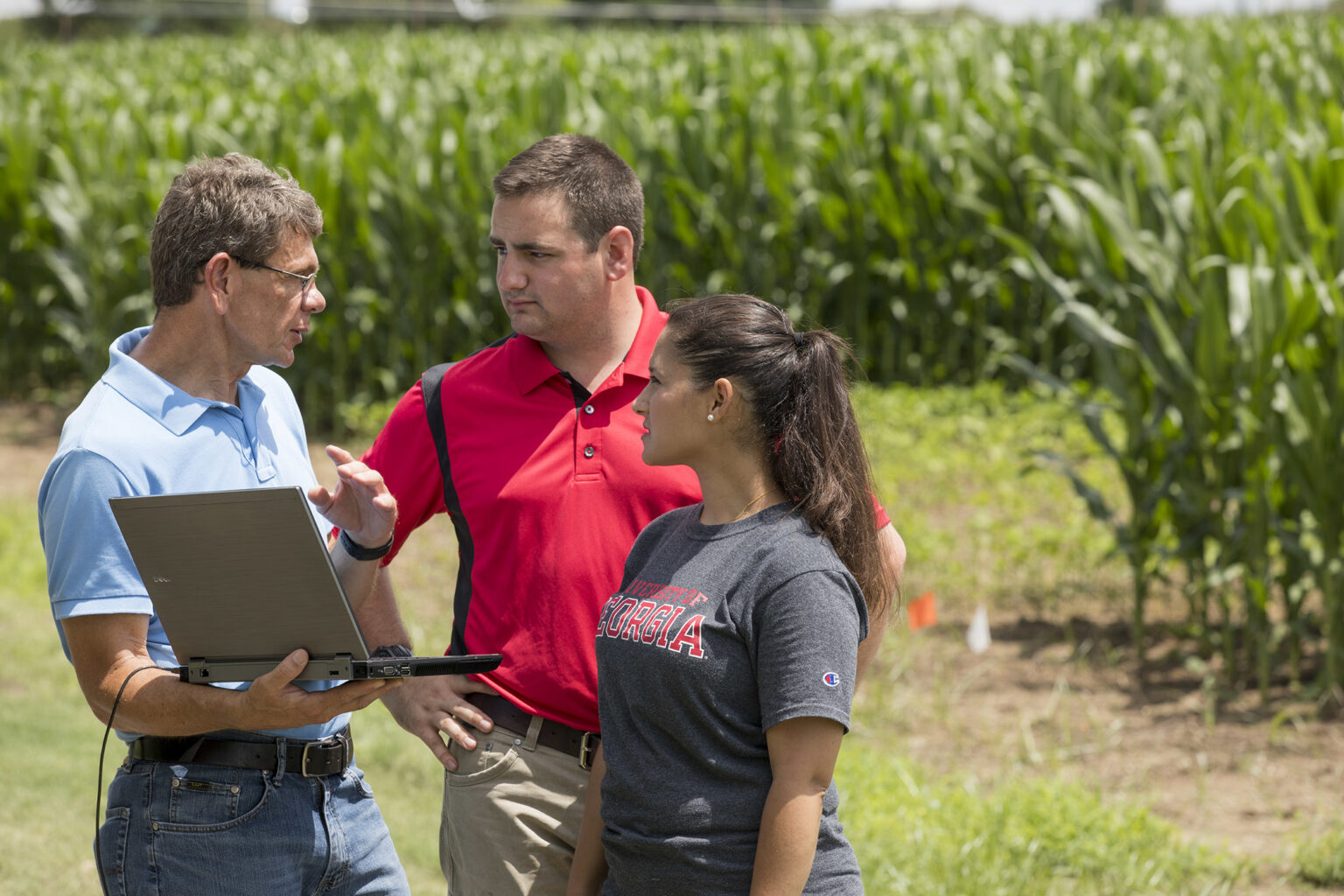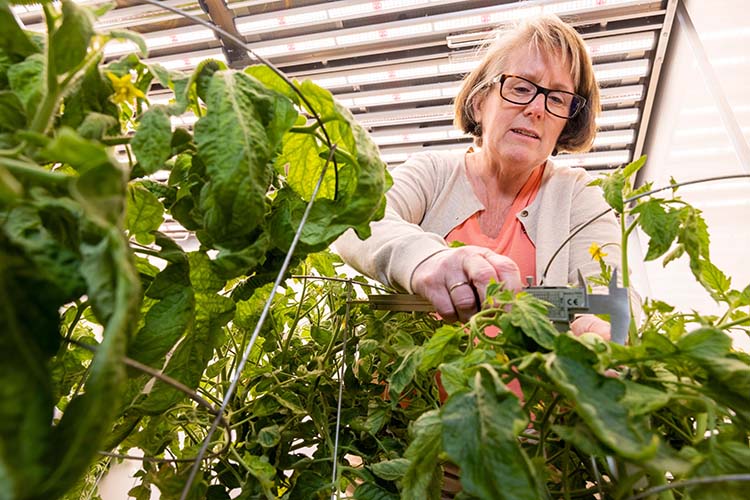 CAES News
CAES News
Bean Genes
The common bean — which includes many varieties of dry beans, from navy and black beans to red, pinto and green beans — are an important nutritional source for many world populations. However, rapidly changing climate conditions are making them increasingly difficult to grow in many locations due to high temperatures and susceptibility to diseases and pests.


